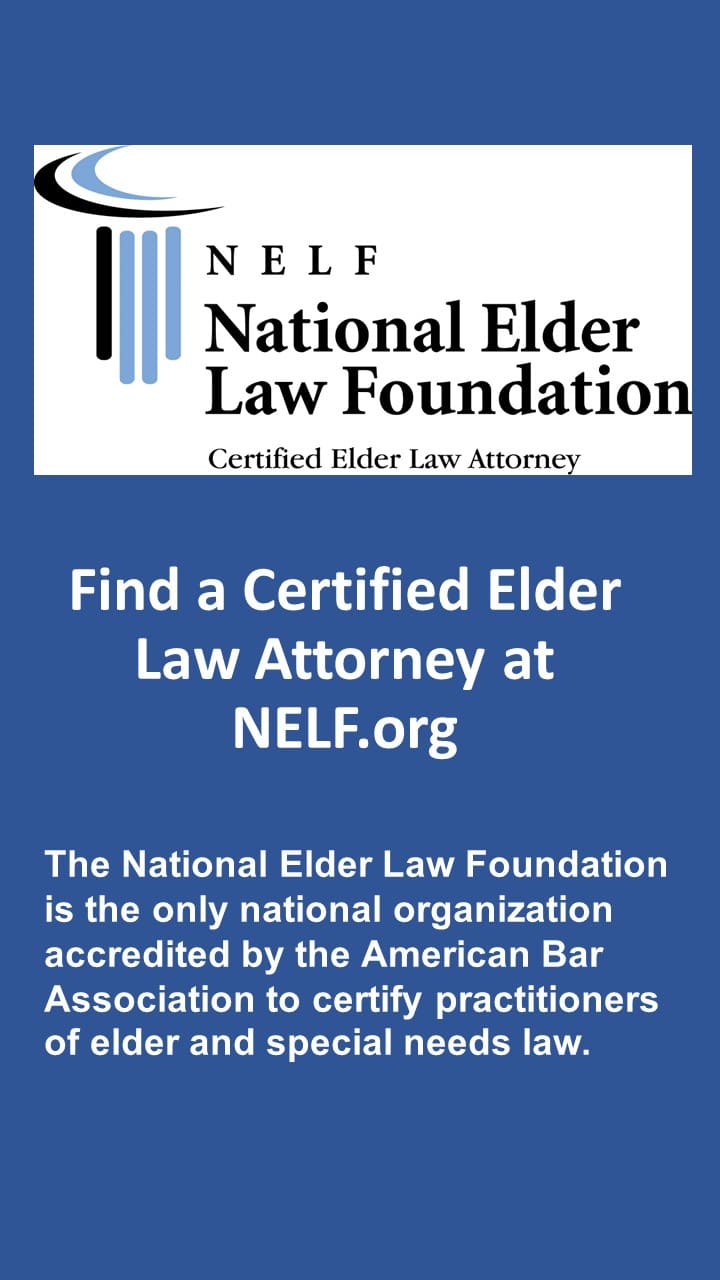A nursing home resident’s room is considered the resident’s home. That’s why people in nursing home are called “residents” instead of patients. In a nursing home, the resident controls, among other things, when visitors can come and who can visit. Generally, it’s legal to film or record in your own home without the consent of anyone else. Unless the law in your State is more restrictive, federal law only requires the consent of one party to the conversation being recorded. Specifically, 18 U.S. Code § 2511(2)(d), provides:
It shall not be unlawful under this chapter for a person not acting under color of law to intercept a wire, oral, or electronic communication where such person is a party to the communication or where one of the parties to the communication has given prior consent to such interception unless such communication is intercepted for the purpose of committing any criminal or tortious act in violation of the Constitution or laws of the United States or of any State.
Sometimes residents or family members are concerned about potential neglect and they want to monitor nursing home care with a camera, sometimes called a granny cam. A recent case from the Georgia Supreme Court, Nuckles v. State, 853 S.E.2d 81 (Ga. Sct. 2020), examined this issue in the context of whether footage from a hidden granny cam was admissible in a criminal trial.
Wanda Nuckles was charged with depriving James Dempsey, an elder person, of essential services and concealing his death. Prior to her trial, Nuckles filed a motion to exclude a recording from a hidden granny cam since she did not consent to being filmed. The trial court found that the recording was admissible. Dempsey’s son, Timothy, placed the camera in his father room after Dempsey reported strange things happening at night including one female resident trying to get in his bed and a male resident entering Dempsey’s room unclothed. Timothy Dempsey installed the camera on February 7 or 8, 2014. Dempsey died on February 27, 2014. After Dempsey’s death, Timothy requested an autopsy because his father was doing well the day before, making his death unexpected. After reviewing the recording, Timothy forwarded it to law enforcement, who charged Nuckles with one count of depriving an elder person of essential services under OCGA § 16-5-102 and one count of concealing the death of another under OCGA § 16-10-31.
In her Motion in Limine, Nuckles cited the general rule in OCGA § 16-11-62(2) that it is unlawful to observe, photograph or record someone in a private place without consent. Unless the recording fell within an exception to the general rule, OCGA § 16-11-67 makes the recording inadmissible. The State argued the video was admissible under the Security Exception. The Security Exception, at OCGA § 16-11-62(2)(B), provides that it is not unlawful
[f]or an owner or occupier of real property to use for security purposes, crime prevention, or crime detection any device to observe, photograph, or record the activities of persons who are on the property or an approach thereto in areas where there is no reasonable expectation of privacy[.]
The trial court denied the motion following an evidentiary hearing, ruling that the video recording did not occur in a “private place,” under OCGA § 16-11-62 (2), and thus Nuckles lacked standing to contest the recording. Alternatively, the trial court found that the video recording fell within the Security Exception. The trial court concluded, therefore, that the video recording was admissible. Focusing on the Security Exception, the Georgia Supreme Court found there are four elements to the exception: (1) the video recording must be made by “an owner or occupier of real property;” (2) “to use for security purposes, crime prevention, or crime detection;” (3) with a device “to observe, photograph, or record the activities of persons who are on the property or an approach thereto;” (4) in an area “where there is no reasonable expectation of privacy.” Nuckles conceded the second and third element, but argued Dempsey was not an owner or occupier of his room and that there was a reasonable expectation of privacy in the room.
The Georgia Supreme Court rejected both of Nuckles’ arguments. Looking at the text of the statute in contect, the Court found that “occupier” was not defined.
But giving the term “occupier” its ordinary, natural, and most basic meaning, it is defined as one who occupies, and in the context of the Security Exception, one who occupies real property. When the General Assembly adopted the Security Exception in 2000, the term “occupy” was commonly defined in such a context as “to take possession of [or] inhabit,” Webster’s New Dictionary 204 (1997); “to dwell or reside in,” American Heritage Dictionary 1215 (4th ed. 2000); and “to have, hold, or take as a separate space[,] possess[, or] reside in[,]” Random House Webster’s College Dictionary 914 (2d ed. 1999).
Nuckles’ proposed definition of the term was too narrow and would only apply to someone with control and responsibility for the real property, excluding those who have a legal right to stay on, or lawful possessory rights in, the property. The Court found that Dempsey was an occupier within the meaning of the statute because he had a “legal right to occupy, and indeed reside in, the area captured on the video recording.”
Also rejecting Nuckles’s argument regarding an expectation of privacy, the Court found that any such right must be examined from Nuckles’ perspective as an employee. The right is examined, not based on the place or location, but based on Nuckles individually.
The evidence presented at the hearing demonstrates that Nuckles never exercised exclusive control over Dempsey’s room and never used it for personal reasons. She testified that she did not pay any rent for the use of the room; she never slept or changed clothing there; she never used Dempsey’s bathroom; and she never kept her personal items in his room. Instead, it appears that Nuckles was engaged in her work duties at the time the recording was made, and there is nothing to suggest that she would not have been subject to supervision or observation by other rehab facility employees in the performance of her duties. In fact, Nuckles was charged along with two other co-defendants who apparently also were in Dempsey’s room at the time of the video recording. Under these circumstances, we conclude that the State carried its burden of showing that Nuckles had no reasonable expectation of privacy in the area captured on the video recording at the time she was recorded.
Georgia HB 605 was introduced to expressly authorize video recorders in nursing home resident rooms, but it failed to clear the general assembly in the 2021 session. Advocates had mixed reactions to the bill since it would only authorize recording when there is notice of the video device. Some advocates believe hidden video devices are more effective while other believe there should be notice and, still others, believe video is counter productive. What is clear is that Nuckles was caught on camera and that a jury would be allowed to watch what happened to Mr. Dempsey.
Resources:





